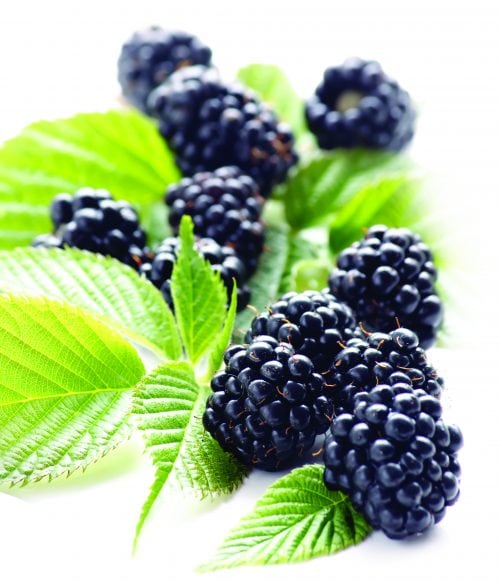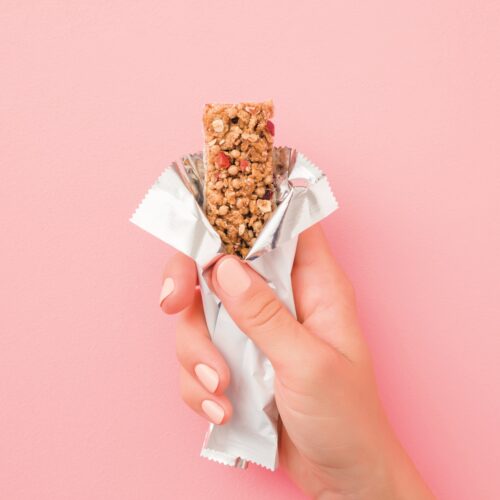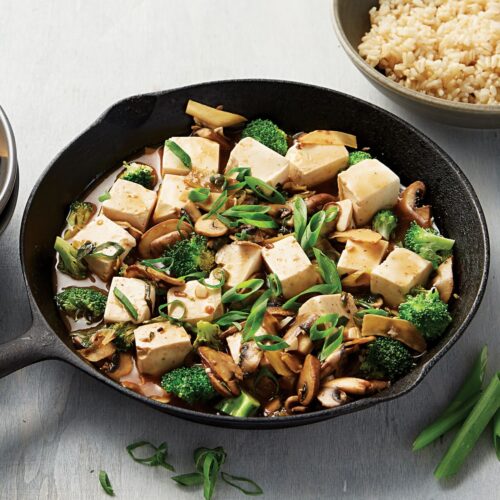
Although this summer fruit has ‘berry’ in its name, botanically speaking blackberries aren’t berries. They are what are called aggregate fruits formed from a single flower.
Buying
Select blackberries which are plump, firm and have depth of colour. Unripe berries (once picked) do not continue to ripen.
Storing
As a delicate fruit, blackberries tend to mould when left at room temperature. When stored in the fridge, the fruit will last only a couple a days. To freeze berries, wash then freeze in a single layer before storing the frozen berries in a bag or container.
Nutrition
Berries are known for their extraordinary antioxidant content, and a 2006 study published in the American Journal of Clinical Nutrition ranked blackberries ahead of other berries. Not only that, blackberries are an excellent source of vitamin E and half a cup has over 2g fibre.
Using
Only wash berries before using (or freezing) as moisture and excessive handling can spoil the fruit. Add fresh berries to summer fruit salads or for a ‘twist’, stew blackberries with a little sugar and lemon juice to taste then stir syrupy fruit through a fruit salad or add to low-fat ice-cream. Because blackberries are slightly acidic, the fruit complements gamey meat such as venison or wild pork. When frozen berries thaw, they are mushy — ideal for jams, jellies and muffins.
Fun fact: The individual berries that make up the whole of a blackberry are called drupelets.
www.healthyfood.com










